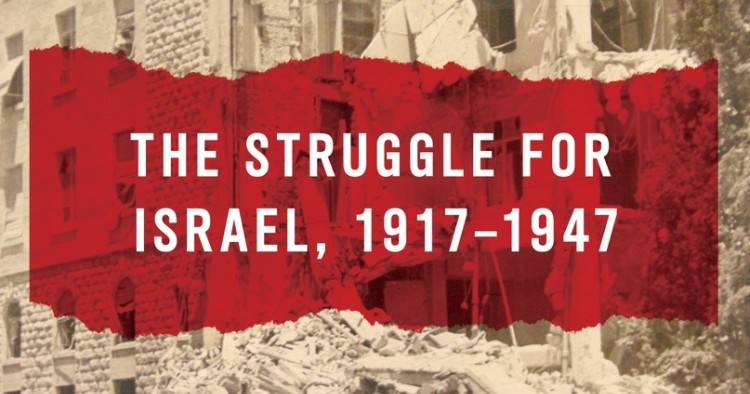A review of Anonymous Soldiers: The Struggle for Israel, 1917-1947, By Bruce Hoffman (Knopf 2015). This book review was first published by The Washington Post.
Palestinian and Israeli narratives have always been more reflective of each other than contrasting. Both peoples suffered exile from their homeland and the experience of being refugees. Both believe they have been the victims of historical injustice. Both claim the same land and have a primordial attachment to that specific land. And members of both have engaged in acts of terrorism in the pursuit of national self-determination and independence.
Today, when one considers the issue of terrorism in the context of the Israeli-Palestinian conflict, the practices of Hamas, Palestinian Islamic Jihad and other groups come most readily to mind. The tactics employed by the Jewish underground in the years before the founding of the state of Israel in 1948 are less contemplated. Bruce Hoffman’s “Anonymous Soldiers” fills that gap. Hoffman has plumbed recently opened archives and the correspondence and diaries of those directly involved to produce a first-rate portrait of two groups in the pre-state Jewish underground: the Irgun Zvai Le’umi, or Irgun (National Military Organization), led during that period by Menachem Begin, and the Lohamei Herut Yisrael, or Lehi (Fighters for the Freedom of Israel), led by Yitzhak Shamir.
The reader of Hoffman’s book might be drawn to equating Palestinian and Jewish terrorism, concluding that there is no difference between what the Zionists did before 1948 to achieve an independent state and what the Palestinians are doing now for independence. But there are critical differences, which Hoffman makes clear in his carefully researched and balanced treatment of the Jewish underground.
Read full review on The Washington Post.
The Middle East Institute (MEI) is an independent, non-partisan, non-for-profit, educational organization. It does not engage in advocacy and its scholars’ opinions are their own. MEI welcomes financial donations, but retains sole editorial control over its work and its publications reflect only the authors’ views. For a listing of MEI donors, please click here.













